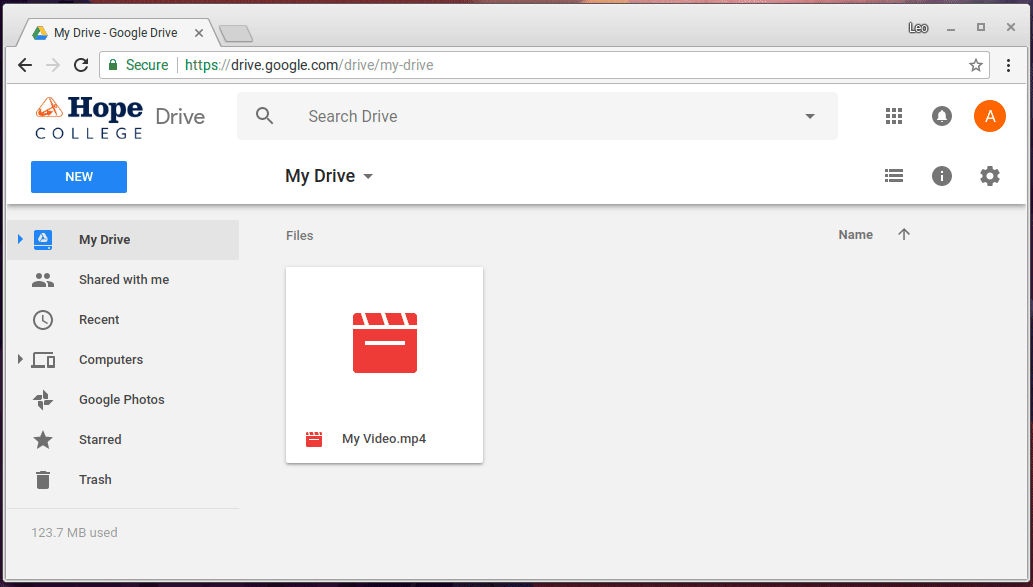Often “accommodation” is defined as something that is supplied for convenience or an act that is done to a person, often for convenience or to reconcile differences. Just to be clear, we don’t like these definitions, but all too often this is what non-disabled individuals have thought the term “accommodation” means.
For providing accommodations in higher education, such definitions do not ensure confidence in disability services staff. When we shift our lens to focus on accessibility, however, we view accommodations very differently. They are no longer about convenience but about equal access necessary for learning, attending events, and participating in programs on Hope’s campus.
Paul D. Grossman wrote an article in 2001 about accommodations in higher education titled “Making Accommodations: The Legal World of Students with Disabilities.” I encourage you to click on the link to read the article, but if you don’t have the time, the below summarizes some of the article’s highlights:
MYTH 1: Disability law is not a civil rights law. Thoughts on this may be impacted by the model of disability that informs your view, but we believe disability laws are civil rights laws. To quote directly from the article, “Those who see the connection between disability law and federal civil rights laws will find the path to understanding disability law a great deal easier to follow. We desegregate our schools to remove the stigma that comes from enforced separation and to bring all students the advantages of diversity in the classroom. ‘Academic adjustments and reasonable modifications’ and the provision of ‘auxiliary aids and services’ are important tools for desegregating institutions and extending equal educational opportunity to the disability community. These devices, commonly called ‘reasonable accommodations,’ have had a considerable impact on who participates in higher education.”
MYTH 2: Academic accommodations force faculty to lower academic standards, but in actuality, academic accommodations for courses do not change what but how students learn. For example, a student who is deaf or hard of hearing may capture lecture content by using an assistive listening device, real-time captioning, or an ASL interpreter. Students who are blind or visually impaired may use text converted to Braille, a screen reader, or a magnifier/reader. Students approved for note-taking assistance (for a variety of disability-related reasons) may use technology to take pictures of the whiteboard, to type notes, or record lectures.
MYTH 3: Academic accommodations create unfair advantages for students, but again, directly from the article: “In my experience, modifications to examinations, particularly extra time to complete them, rank first in triggering faculty concerns about treating all students fairly. The objective of providing individuals extra time on examinations is to measure what students have learned rather than the impact of their disability. When a student’s performance speed is a skill a professor intends to measure, extra time on an examination would not be an appropriate accommodation.” Still not convinced? Try out this demonstration on the Stroop Effect.


